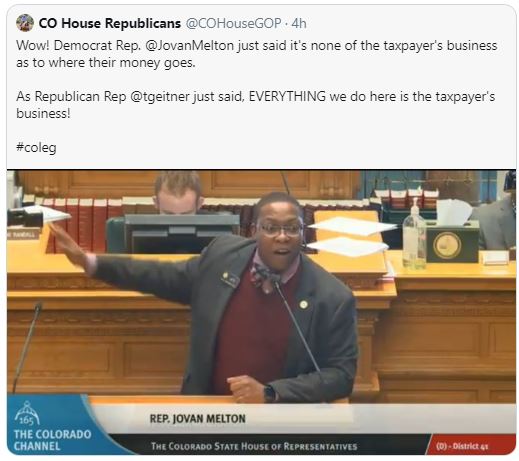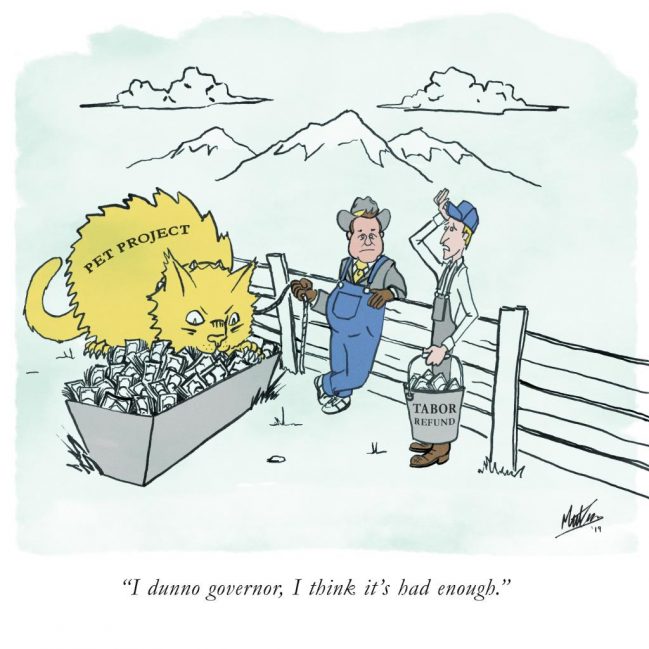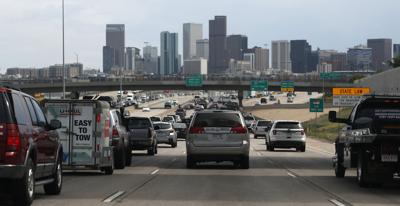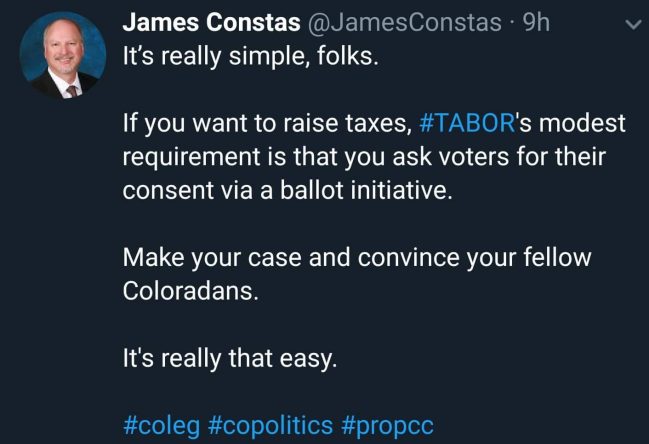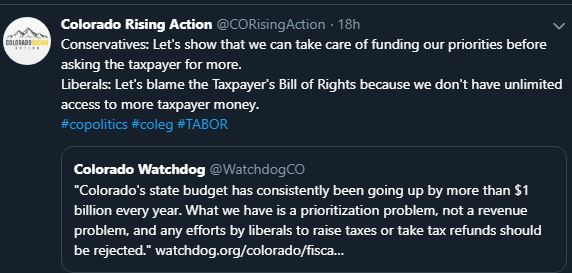Increase taxes on rich, lower them for rest
By Alex BurnessThe Denver Post
Coloradans may be voting this November on a proposal to raise billions of dollars annually by hiking taxes on the rich and using the money on schools and other, unspecified needs of a “growing population and changing economy.”
An issue committee that calls itself Fair Tax Colorado announced Thursday that it will begin collecting signatures to place its proposal, titled Initiative 271, on the 2020 ballot. They’ll need at least 124,632 of them to qualify for the ballot.
It would compensate for the loss in revenue from the tax cut by requiring everyone earning at least $250,000 to pay a 7% income tax rate on their federal taxable income after the first $250,000 and up to $500,000.
Anyone earning more than $500,000 would then pay a 7.75% rate on their income above and beyond the first $500,000, and up to $1 million. Finally, for anyone earning more than $1 million, the measure proposes to tax them $67,700 plus 8.9% of all federal taxable income above and beyond the first million


